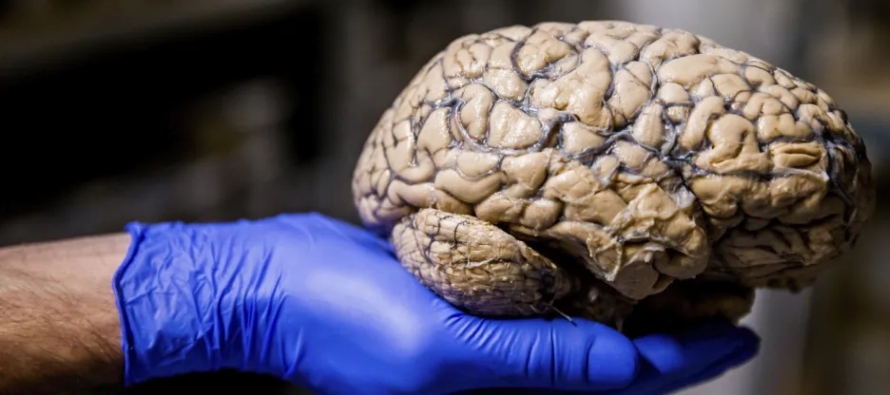
New Study Uncovers Brain Behind Political Polarization
People who share political leanings show similar neurobiological responses in the way they process and represent concepts in the brain, suggesting that political polarization arises from the moment the brain receives new information, according to a study presented today.
“The brains of conservatives have a similar ‘fingerprint’ when, for example, the word ‘abortion’ appears on the screen,” Professor Oriel FeldmanHall, from the Carney Institute for Brain Sciences at Brown University, a co-author, told EFE. of the study.
“The brains of two Republicans react similarly to each other. And those reactions look completely different between a Democrat and a Republican,” she added.
The study was carried out in 2019 and its results were published today in the journal Science Advances, of the American Association for the Advancement of Science (AAAS).
The research team, which included Pedro Rodríguez, from New York University, and Jeoren van Baar and Daantje de Bruin, from Brown, Rhode Island, recruited 22 people who declared themselves liberal and 22 who declared themselves conservative for their study. .
In one phase of the study, participants were asked to rank politically charged words such as “immigration” or “abortion” based on their perceived similarity, the researcher explained.
In another phase, participants agreed to undergo functional magnetic resonance imaging observation while words appeared and disappeared on a screen, or watched videos with political content.
Among the videos used, one was about the debate in the 2016 election campaign between then vice-presidential candidates Mike Pence, a Republican, and Tim Kaine, a Democrat.
In the debate, Kaine and Pence discussed issues like police brutality.
“All the time while they were watching the videos or the words, we were recording what was going on in their brains,” FeldmanHall explained.
The study showed that two people with opposite political ideologies who are shown the same information may both believe that it is biased against them, since for each of them words, images, sounds and concepts are represented in the brain in a different way, but similar to that of other individuals who share his ideology.
“Our study provides a mechanistic explanation of why political polarization arises,” said the researcher.
The researchers are now focused on finding ways this explanation can be used to combat polarization.
After the 2020 presidential election, the United States appeared to split into two partisan camps with tens of millions of supporters, each claiming his victory in the race, the Science Advances article recalled.
“This political stalemate illustrates the pervasive and destructive nature of political polarization,” she added.
According to FeldmanHall, the problem of political polarization cannot be addressed at a superficial level. “Our work shows that polarized beliefs run deep, right down to how people experience a politically charged word,” she said.
This article is originally published on elperiodicodemexico.com
